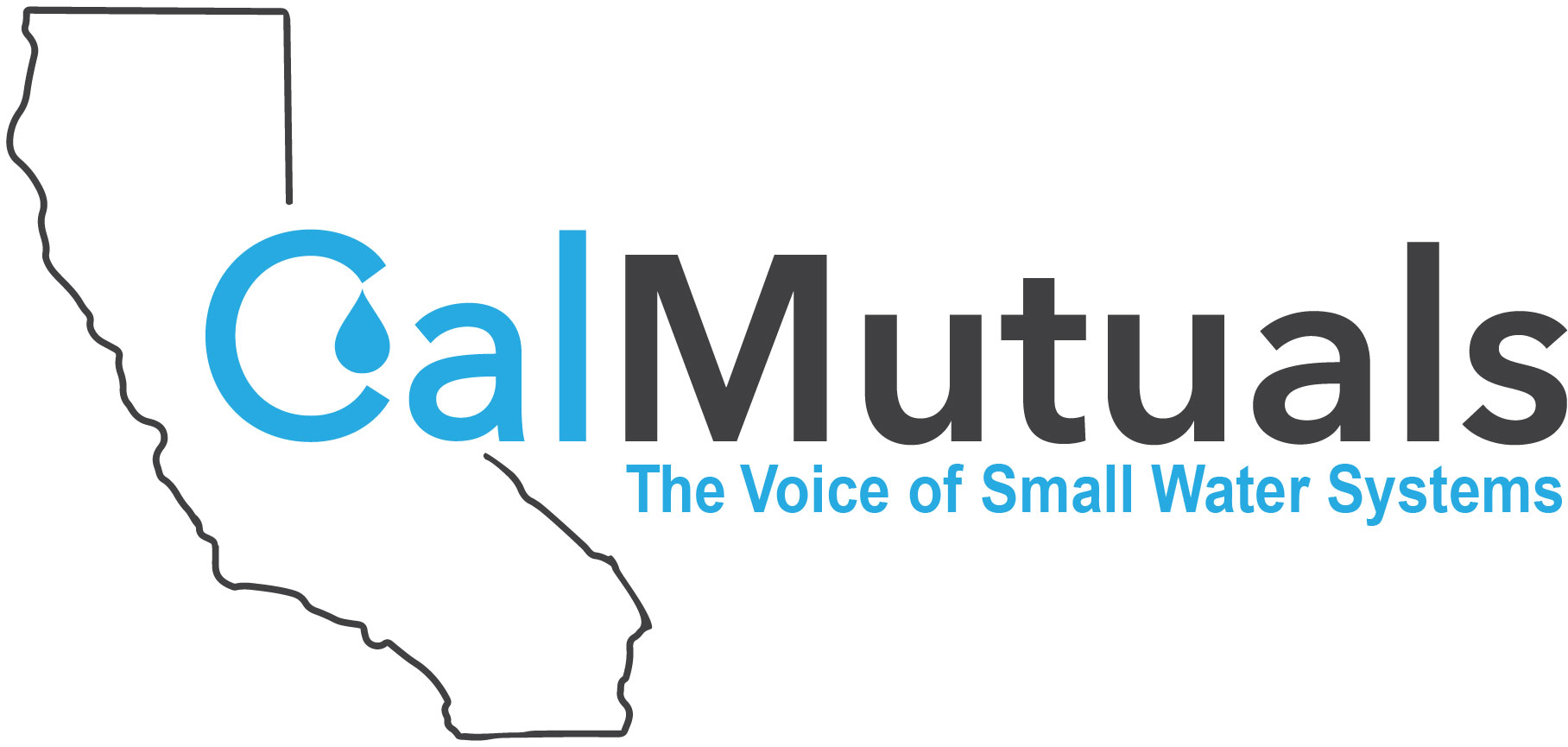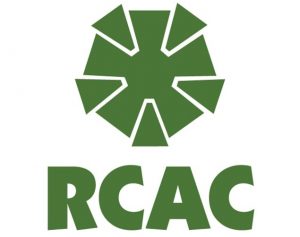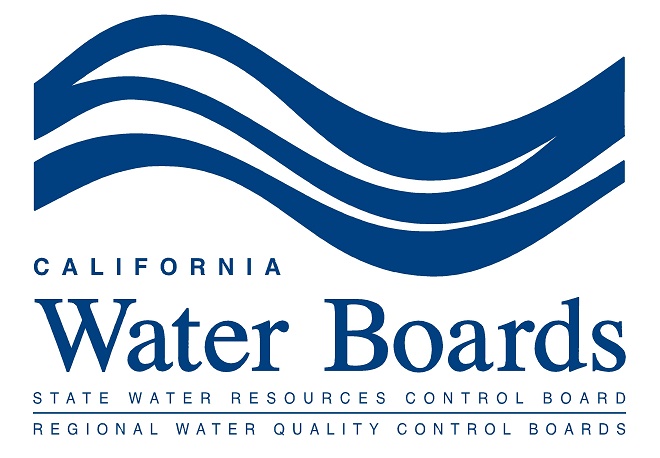RCAC: Storage & Distribution
Webinar OnlyStorage & Distribution Date & Time: August 31, 2022 | 2:00 - 4:00PM Description: This module presents the varying operation of water storage systems and distribution piping. The distribution and storage systems are the unrecognized backbone of any water system. However, due to its inconspicuous nature, problems are seldom realized, and maintenance is seemingly nonexistent. The fact is that most bacteriological contamination takes place in the distribution system. This alone should be enough to warrant prudent maintenance of piping and valves and storage tanks in the system. Through purposeful flushing procedures and adequate planning, system downtime can be minimized and water quality can be improved. This workshop will give participants the information and resources they need to understand proper operation and maintenance of their storage and distribution systems. This is a free training. Participants will learn: Common components and types of water distribution system piping and storage Maintenance guidelines and programs that reduce long-term expenditures Possible pathways to reduce contamination Inspection and record-keeping procedures that improve water quality Recommended Audience: system operators, new board members and those considering becoming certified operators of a water system. Location: This training will be hosted online on GoToTraining. Registration: You must be registered prior to […]



